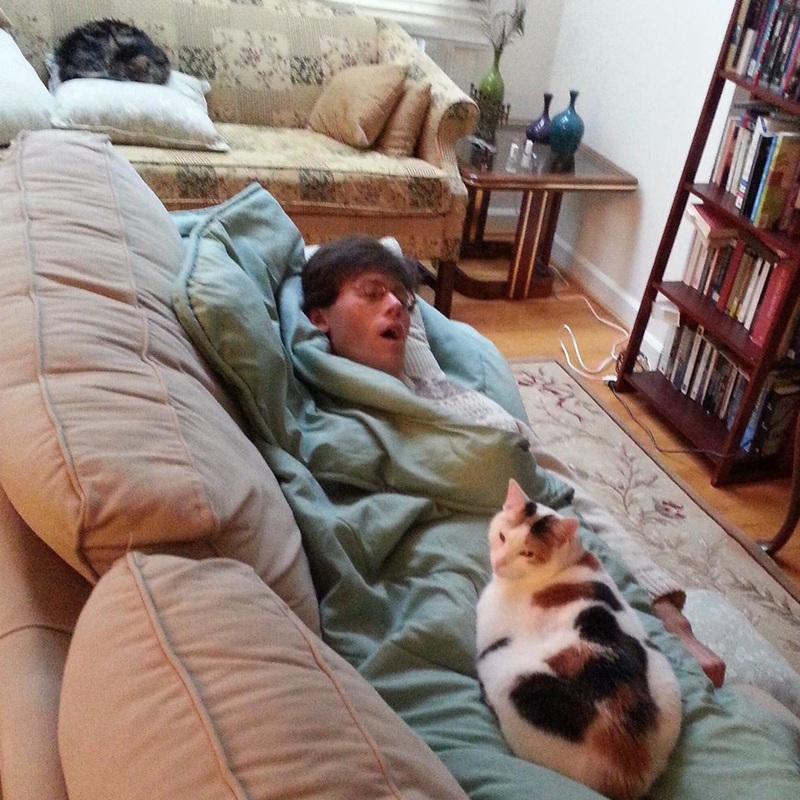After listening to a segment of This American Life about a woman who keeps a list "of things she means to know," my wife and I decided to try something similar. Our monthly plan is to research and answer one topic each, with the broader goal of answering this question: What about our world should we know but don't?
To read our posts, click here.
To read our posts, click here.



 RSS Feed
RSS Feed